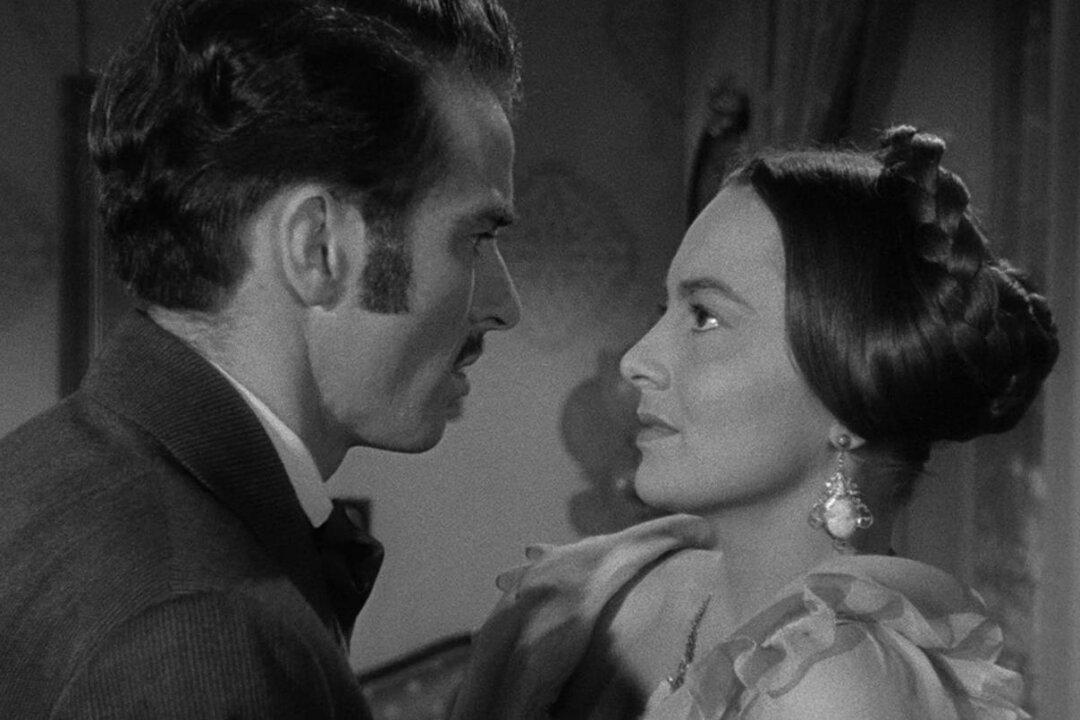Not Rated | 1h 55min | Drama, Romance | 28 December 1948
Director William Wyler is widely acknowledged to be second only to John Ford in terms of significance. However, I’d almost give him a slight edge since he not only made two of my favorite films of all time—“The Best Years of Our Lives” and “The Big Country”—but he was also known for getting the most out of his actors’ performances. Indeed, seeing a Wyler film means that you have to prepare yourself for witnessing a master class in incredibly subtle emotional displays through the minutest of gestures, body posturing, and facial twinges of the actors involved.






